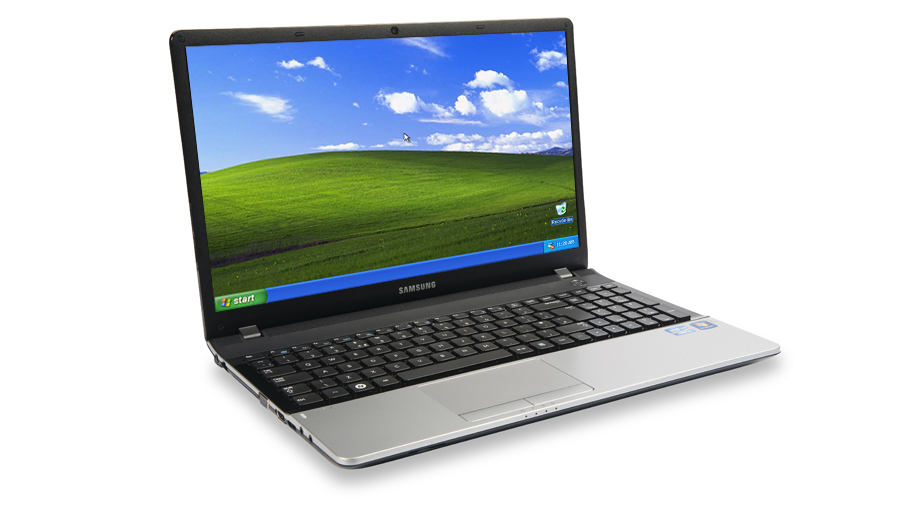Microsoft pulls plug on Security Essentials, abandons Windows XP
Security downloads won't be available post end-of-life

Sign up for breaking news, reviews, opinion, top tech deals, and more.
You are now subscribed
Your newsletter sign-up was successful
April 8 is approaching along with the end of support for Windows XP, the geriatric operating system that is still surprisingly popular despite being released 12 years ago.
Microsoft has dropped a surprise on users, however, by deciding that it will stop providing Microsoft Security Essentials for download on Windows XP past the end-of-life date for the OS.
It was known that the company were going to stop updating MSE malware definitions for Windows XP in April, allowing companies to get yearly updates on a subscription service with a hefty cost. This new revelation however seems to be a shove in the back of Windows XP users to hurry up and upgrade to newer Windows operating systems.
Windows XP machines are everywhere, you only need to read the latest statistics from NetApplications to realise that it is still a popular choice; the operating system runs on everything from PCs to ATM machines to display boards.
The bell tolls for XP
All the same, removing the ability to download their free antivirus software may still not deter the people who own a machine with Windows XP. Many thousands of computers don't even connect to the internet, and there are other free antivirus software programs out there for people to download.
Microsoft has made billions of dollars on XP and it has sold for a long time, longer than the software giant wanted, probably, due to the unpopularity of Windows Vista. These last moves by Microsoft is the tolling of the bell for Windows XP and a final notice to those supporting it to jump ship or risk exposing themselves to hackers and malicious attacks.
Regardless of which OS XP users migrate to, there's little debate that the stakes are sky-high for Microsoft. Providing as seamless a migration path for Windows XP users to other windows operating systems as possible will be critical if Microsoft is to avoid conceding market-share to competitors.
Sign up to the TechRadar Pro newsletter to get all the top news, opinion, features and guidance your business needs to succeed!